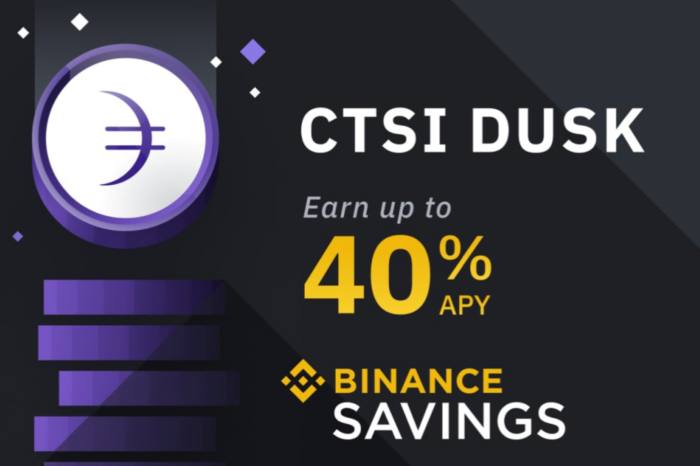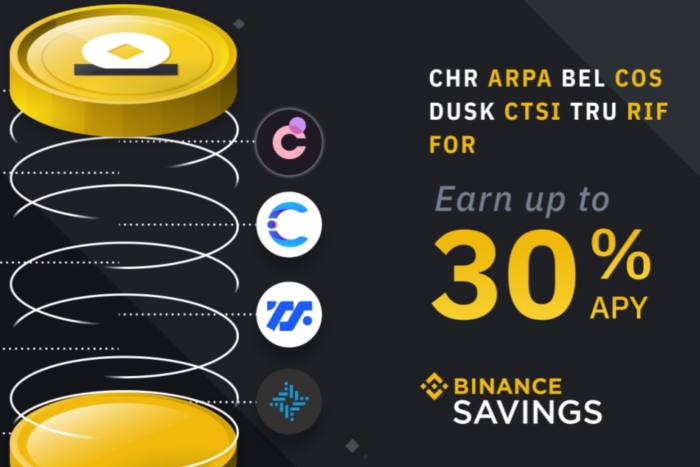A pushback against stocks-like products in Germany and tougher talk in Washington suggest that key financial regulators are bristling at cryptocurrency operators’ incursions into tightly-controlled public markets.
Crypto industry executives and securities law experts around the world are closely scrutinising the tussle between German regulator BaFin and crypto exchange Binance, which deepened this week.
Binance, one of the world’s biggest crypto firms, has asked BaFin to retract an allegation that it may be breaking securities laws with its new offering of ‘tokens’ meant to mimic a clutch of US stocks — a request the regulator has rebuffed.
In the same week, new chair of the US Securities and Exchange Commission Gary Gensler, known on Wall Street as a tough operator, told a hearing on Capitol Hill that the “close to $2tn [cryptoasset] market is one that could benefit from greater investor protection”.
“Right now, the exchanges, trading in these crypto assets, do not have a regulatory framework either at the SEC or our sister agency, the Commodity Futures Trading Commission,” he said. “There’s not a market regulator around these crypto exchanges, and thus there’s not protection against fraud or manipulation.”
At present, neither the SEC nor the CFTC has powers to supervise cryptocurrency market activity because, in legal terms, bitcoin and its peers are neither a commodity nor a currency. After the blistering rally in bitcoin and rivals like ethereum so far this year, the fast-growing and increasingly sophisticated industry now has the highly-regulated securities markets in its sights, a development that is concerning major watchdogs.
But regulatory bodies born out of the need to protect investors a century ago are often poorly equipped to deal with the vast array of new-generation offerings. Financial regulators are working with “19th century law concepts laid on 20th century technology. It’s out of date,” said Timothy Spangler, a partner at Dechert, a law firm in California.
Binance’s decision in April to begin offering tokens in stocks like Tesla without the usual documentation for securities offerings has pushed BaFin into action. Binance appears unfazed. It is still offering the tokens on its website more than a week after the BaFin intervention.
In the UK, the Financial Conduct Authority has said only that it is in contact with Binance over its new products, which are not available in the US, mainland China or Turkey.
Binance’s sprawling crypto product portfolio
Binance, the crypto exchange run by Changpeng Zhao, offers clients in many jurisdictions a vast array of generally sophisticated financial products that go well beyond spot trading in dozens of digital tokens.
-
Futures
-
Options
-
Crypto lending
-
Crypto savings accounts
-
Margin trading
-
Leveraged tokens
-
Swaps
Source: Binance.com
Gensler’s plea for more powers from legislators reflects regulators’ frustrations that a rule book written for securities markets is not fit for purpose to cover investors wanting to trade crypto assets. However, policymakers face a tricky task to craft laws for an industry that operates across borders and with some players seeking to avoid regulation.
Many regulators have tried to interpret existing rules where they can, but it has not prevented innovation from mushrooming, in much the same way that derivatives trading and hedge funds emerged in the 1990s.
“It’s an interesting convergence of traditional financial regulation constricting the adoption of this new asset class,” said Matteo Dante Perruccio, president for international business at Wave Financial, a US regulated digital asset investment manager. “If we want to ensure longevity of the digital asset sector we need to welcome rigour in regulation,” he said.
The timeframe available for policymakers to act may be short. Institutional investors are growing interested in the gains on offer from cryptocurrencies, and banks are becoming more comfortable with digital assets. And crypto companies can make profits by being far more nimble than if they go through traditional regulatory hurdles.
Typically, it can take exchanges like the New York Stock Exchange or CME Group months to get permissions for some new products. FTX, the Hong Kong crypto exchange, meanwhile, said it took only a few hours to set up trading contracts mimicking US timber futures, where prices have surged in the past two weeks.
Soaring prices for crypto assets are beginning to feed a boom in other financial products. Binance, for example, allows any registered user to “get a loan secured by your crypto assets” and also provides access to risky margin trading and savings accounts. The Binance loans come with hourly interest calculations, and users can remove the proceeds from Binance or use them on services such as trading in futures.


Derivatives in particular are fuelling the boom in more speculative cryptocurrencies such as Dogecoin, Tether and PancakeSwap, as well as activity on new exchanges like FTX and decentralised finance projects like Uniswap, according to executives within the industry.
In a normal futures market, traders need cash or government bonds as collateral for margin that can be used to amplify the size of bets through debt-funded trades or derivatives. But many cryptocurrency exchanges accept cryptocurrencies as collateral.
That means just small initial outlays in hard currency can be changed into cryptoassets and used to place very large bets in the crypto market, sometimes spread across a range of coins, with outsized potential gains and losses with only simple know-your-customer and anti money-laundering checks. That means many coins are feeding each other and rallying in tandem.


The problem for regulators is compounded because some exchanges lack the formal corporate structures of more typical firms. This week Coinbase, a large US-listed exchange, said it would close its San Francisco headquarters and operate without a main office in any single city.
Binance, too, says it has no formal global headquarters but has several subsidiaries across the world. In a sign of the complexities of the situation for financial supervisors, Binance Markets Limited, the group’s London-based unit, is a UK FCA-registered financial firm.
The division is ultimately owned by a Malta-headquartered entity registered in the British Virgin Islands and is principally controlled by Changpeng Zhao, Binance chief executive.
In Germany, the company has told BaFin that the regulator’s view on stock tokens was based on a “misunderstanding”, according to people familiar with the matter. It has told the Financial Times that it does not comment on “communications with any regulators”.
Spangler at Dechert said emerging companies needed to educate regulators. “You don’t want to wait a long time for permission, you want regulators to work with something they understand. You have to do this incrementally.”
But many exchanges and crypto asset managers are opting to be regulated rather than face possible enforcement action in coming years.
“I think regulators are concerned that there is a big, bad actor somewhere who does something and they don’t even know who is in charge of enforcement,” said Todd Kornfeld, an attorney at US law firm Troutman Pepper.
“It may look like a free-for-all but in the end regulators will find some statutes somewhere to enforce against bad behaviour. That’s part of the reason why large institutions have been cautious, because generally they don’t like uncertainty and they like regulators to tell them what they can and can’t do.”
